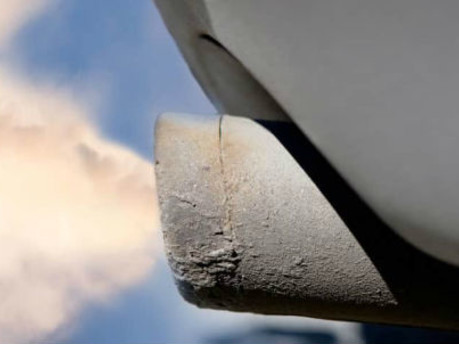Petrol & Diesel set to be banned by 2040
The Government are set to announce new plans affecting the production of new cars and vans, in a bid to tackle air pollution on UK roads by 2040.
The “clean air strategy” is modelled to promote electric and hybrid, over petrol and (more controversially) diesel engine vehicles in high-pollution zones, in major cities and roads.
The news comes not long after the French President, Emmanuel Macron, announced similar plans for France to become carbon neutral by 2050.
As ever this new is already causing a stir between political camps, with ministers being wary to be seen to punish drivers of diesel cars, who, they argue, purchased the vehicles after being encouraged by the previous Labour government due to lower carbon emissions.
In the wake of the still rumbling VW emissions scandal, it’s not surprising that this news has also provoked response directly from the motor industry trade body, the Society of Motor Manufacturers and Traders, who said it was important to avoid outright bans on diesels, which would hurt the sector.
SMMT chief executive Mike Hawes said: “Currently demand for alternatively fuelled vehicles is growing but still at a very low level. The industry instead wants a positive approach which gives consumers incentives to purchase these cars. We could undermine the UK’s successful automotive sector if we don’t allow enough time for the industry to adjust.
It was also thought that ministers would be agreeing to a diesel scrappage scheme, yet no firm commitments have been made and is due for review later in 2017.
The £3bn package of spending on air quality is being broken down into a £255m fund to allow councils to tackle emissions. Measures could include cleaning up public transport vehicles, changing road layouts and altering traffic lights to allow better traffic flow at peak times.
As with any popular news story, social media is already trending with #diesel stories providing a broad choice in opinion on the matter. Many comments are circling around the conversation; has the government even considered if there is the resource to support “going all electric”?
With the current demands on the grid and lithium production for all those batteries that will be needed, could we find ourselves in exactly the same vicious circle of an inefficient technology in 80 years’ time?

